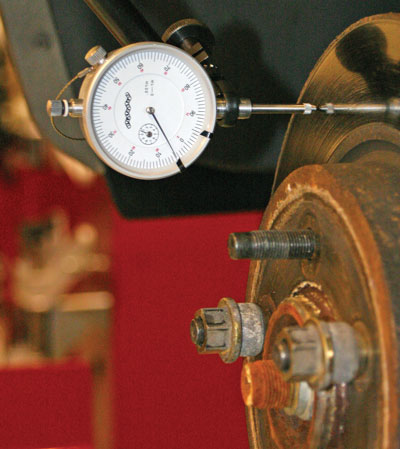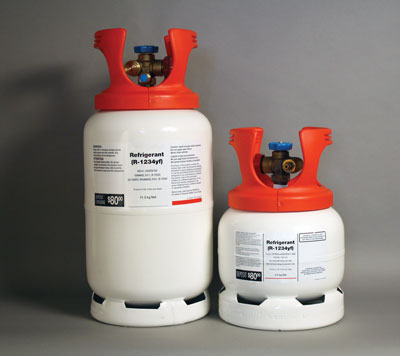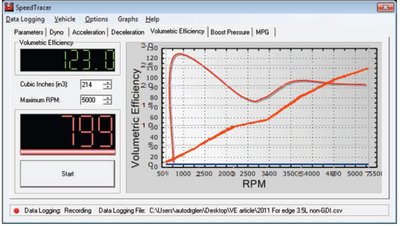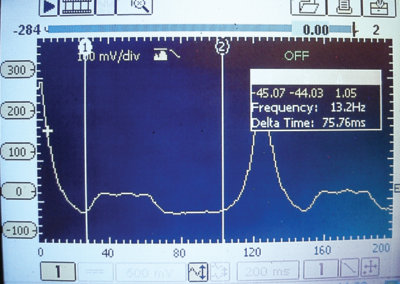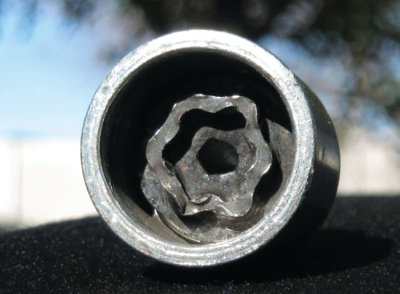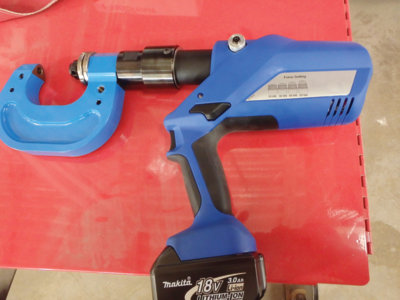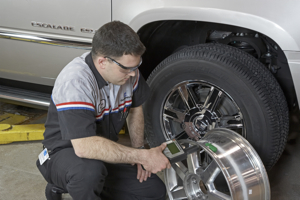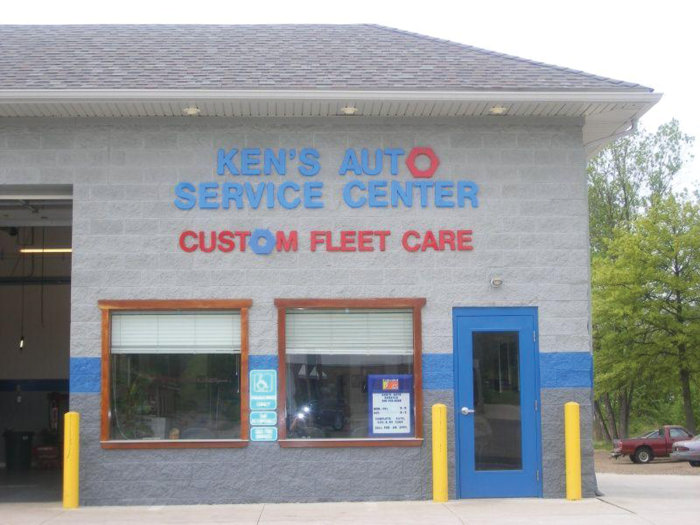 Delphi is launching new flex-fuel compatible components for the aftermarket, providing reliable parts that are designed to withstand the wear caused by alternative fuels.
Delphi is launching new flex-fuel compatible components for the aftermarket, providing reliable parts that are designed to withstand the wear caused by alternative fuels.
“In today’s aftermarket, alternative fuels such as E85, are becoming increasingly prevalent, making it necessary for shops to be prepared to handle flex fuel vehicle repairs and maintenance. Aftermarket parts that are not made with ethanol-compatible materials will have failure problems,” said Dave Barbeau, vice president, independent aftermarket, Delphi Product & Service Solutions. “Delphi has been working with alternative fuels for nearly a century, and has the knowledge, resources and experience to equip vehicles in the aftermarket with durable components for use with alternative fuels.”
Delphi’s flex fuel modules are designed to resist highly-corrosive ethanol fuels, and are specifically designed to allow for increased flow capacity for ethanol fuels – which is critical because ethanol contains 30 percent less energy than gasoline – while still able to maintain low idle-speed fuel flow. Delphi’s fuel modules feature Delphi-engineered material upgrades in metals, polymers and plastics that help ensure durability and lasting performance in harsher alcohol fuel blends such as E85, which is an alcohol-based fuel comprised of 85 percent ethyl-alcohol and 15 percent gasoline. Delphi flex fuel modules include coverage for late-model applications for GM, Ford and Chrysler.
All of Delphi’s Multec 2.0, 3.0 and 3.5 fuel injectors are E85 compatible. Similar to Delphi’s corrosion-resistant flex fuel modules, Delphi’s flex fuel injectors feature unique O-ring materials that are engineered to withstand the corrosive properties of ethanol-based fuels. To protect sensitive surfaces on the injector, Delphi offers a special coating that provides superior resistance to ethanol corrosion when compared to uncoated injectors. Delphi’s fuel injectors have a large linear flow range designed to handle the increased fueling requirements of a flex fuel system. Delphi’s E85-compatible injectors can be found on 21.5 million U.S. vehicles.
Additionally, Delphi’s planar oxygen sensors are validated for lifetime operation with all fuel types and additives, including lifetime operation with E85 and E100. Built with a patented protective sensor coating, Delphi’s oxygen sensors lead the industry in contamination resistance to silicone, phosphorous and other fuel/oil additives. With coverage for late-model applications for GM, Ford, Chrysler, Toyota, Honda, Nissan and Volkswagen, Delphi’s planar sensors can help provide flexibility for a range of flex-fuel vehicles.
Alternative fuels often have many benefits, including reducing dependency on foreign oil and reducing CO2 emissions by 40 to 45 percent, and reducing total greenhouse gas emission by 20 to 30 percent. Despite those benefits, alternative fuels can also present significant engineering challenges because the fuels have higher oxygen content, electrical conductivity and readily absorb moisture, making them incredibly corrosive to vehicle parts and causing them to accelerate the wear of materials and decrease performance.
Delphi components can help provide a seamless transition from a standard gasoline blend to an ethanol blend. Delphi is a leader in analyzing fuels from all regions of the world and designing reliable components that are compatible with corrosive fuels. For years, Delphi has incorporated premium materials into their fuel system designs and validated that the pumps can withstand alternative fuels found anywhere in the world. As alternative fuels continue to gain popularity, Delphi continues to provide compatible components with Delphi quality.
For additional information on products offered by Delphi, visit http://delphi.com/am.

